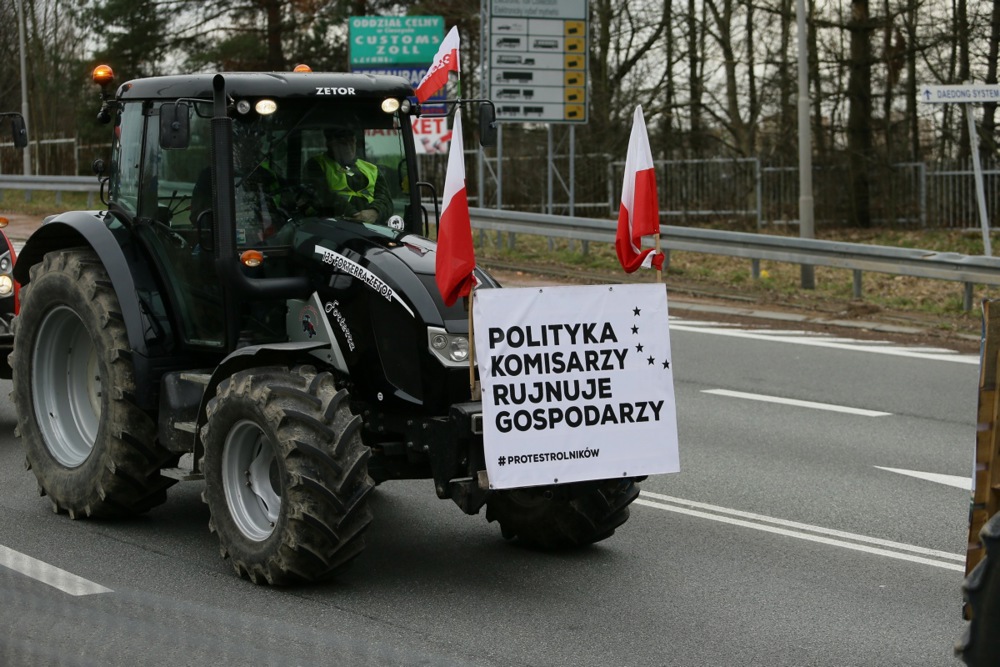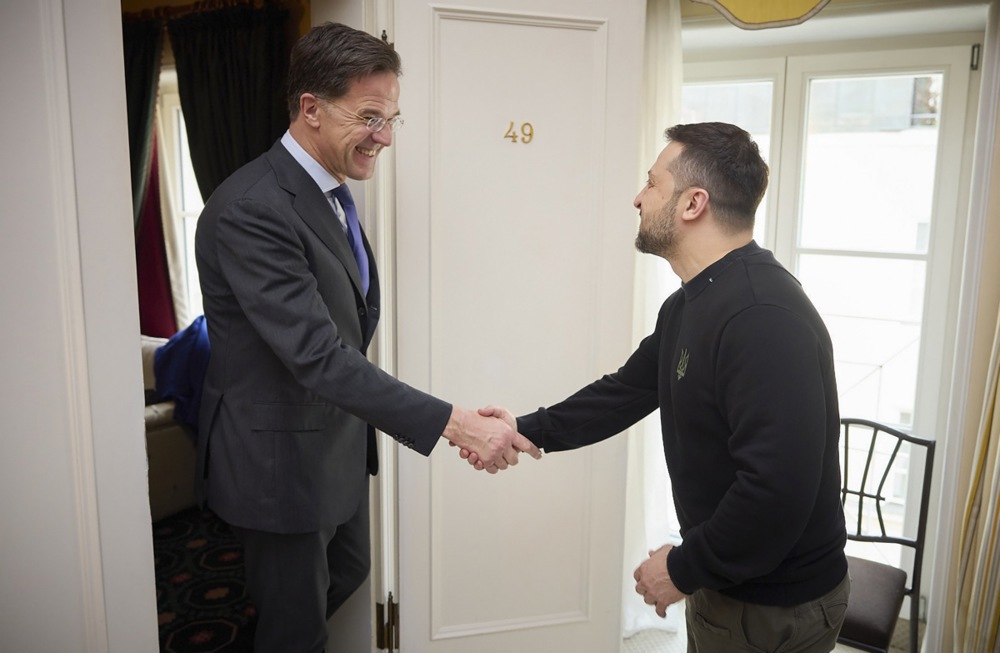Dutch Prime Minister Mark Rutte signed a security guarantee deal with Ukraine President Voldymyr Zelenskyy in the Northeastern frontline city of Kharkiv.
Zelenskyy said on X the document includes €2 billion in military aid from the Netherlands this year, as well as further defence assistance over the next 10 years.
“I am grateful to Prime Minister Rutte for this agreement, which will strengthen the protection of Ukraine, including the city of Kharkiv, where we met today,” Zelenskyy said on March 1.
That came on the same day the Dutch Government said it would replace almost its entire navy fleet in the coming 15 years in a project worth several billion euros, which it insisted would primarily benefit Dutch industry.
A large part of the project would consist of the replacement of four air-defence frigates, the Government said, confirming an earlier report by RTL Nieuws.
The Government said it would work closely with Dutch industry in building the ships, with large roles for shipbuilder Damen and the Dutch arm of French defence company Thales, which would likely supply radar and missile-guidance systems.
“This will strengthen the Dutch defence industry and will contribute to Europe’s strategic autonomy,” said State Secretary for Defence Christophe van der Maat.
The first new frigate is expected to be operational by 2036, with the fourth coming into service from 2041.
News of the deal came as the Netherlands said it would donate an additional €150 million to a Czech initiative to buy ammunition for Ukraine from countries around the world, according to Rutte on his March 1 visit to Ukraine.
The additional pledge takes the total sum the Netherlands will donate to the initiative to €250 million.
The Dutch Government said it hoped countries such as Denmark, Germany and Norway, which it said were also considering replacing their frigates in the coming years, would join the project.
After years of budget cuts, the Netherlands has ramped-up defence spending since Russia’s full-scale invasion of Ukraine two years ago.
The Eurozone’s fifth-largest economy expects military spending to rise to around 2 per cent of its gross domestic product, the minimum agreed within the NATO alliance, in 2025.





Macron’s folly: Sending troops to Ukraine is a very bad idea, from the wrong person, at the wrong time